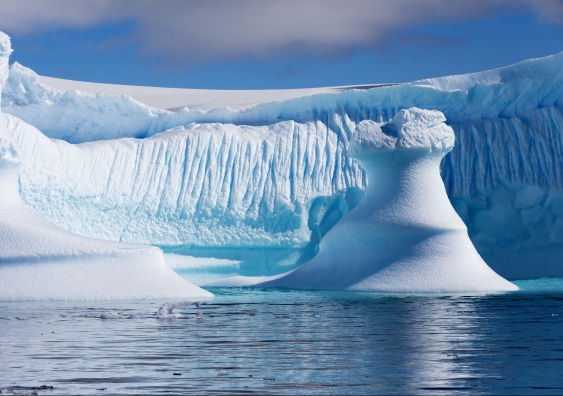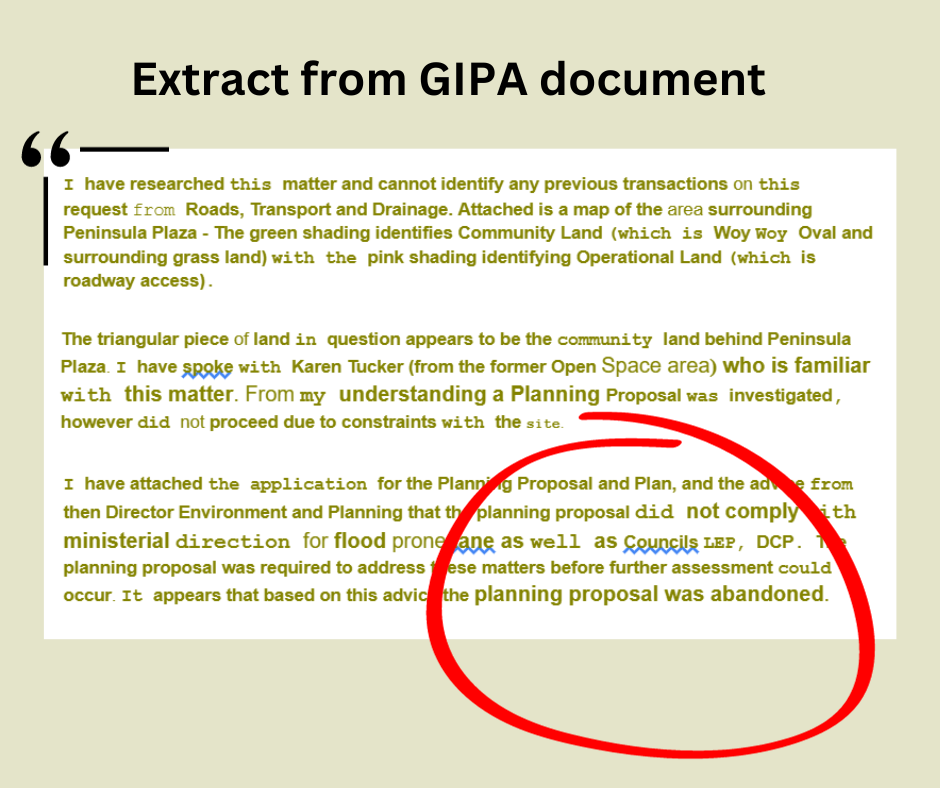The Truth. Now we come to it. For more than 30 years we have been told that we are pushing our climate system towards our own destruction. Evidence has been piling up that it is true. We can see the very tip of it in the extremes now occurring in heat waves, fires and flooding all over the world.

By Richard Weller
Now a new paper in Nature Climate Change by scientists from the British Antarctic Survey and Northumbria University (https://www.nature.com/articles/s41558-023-01818-x) shows that under any emissions reduction scenario, the West Antarctic Ice Sheet (WAIS) will continue to melt without stopping.
Warming water down to depths between 400m and the ocean floor is the cause. We know that more than 90% of the additional heat trapped in the atmosphere by our burning of fossil fuels ends up in the ocean. This warmer ocean water is melting the edges of the ice sheet and penetrating beneath it.
The paper is quite clear: “The opportunity to preserve the WAIS in its present-day state has probably passed, and policymakers should be prepared for several metres of sea-level rise over the coming centuries.” and “Limiting the societal and economic costs of sea level rise will require a combination of mitigation, adaptation and luck.”
Yes, that’s right, the scientists used the word “luck”. We might as well say sheer blind dumb luck, because that is what we need.
Implications for our cities
The climate crisis extends well beyond the melting of ice. In fact, sea level rise is the slowest and least immediately threatening of the impacts of the heating. But, there are implications for the great proportion of our major cities because the vast majority of them are on the coast.
There is no longer any doubt, anything we build by the ocean will eventually be swamped. Any plans we have for the foreshore or even within the coastal hinterland must immediately be put on hold. Especially new suburbs or major buildings. Otherwise, we are simply wasting our time and effort when we know these areas will have to be abandoned in coming decades.
We must prepare for metres of sea level rise in the longer term beyond 2050 by planning now for a safe and efficient transfer to higher ground.
Even further, many of our major coastal cities are now facing a time limit, beyond which they will need to withdraw inland or even be abandoned. This will affect a billion people in the next 100 years.
The burden on our grandchildren just keeps growing.
Every time we have taken the easy way and decided on expansion and exploitation of fossil fuels, it has meant another nail in our coffin. We had a chance for a while to put the climate genie back in the bottle. Now it is out and will rampage across humanity for centuries to come.
What we can do
We can make a difference. Every tonne now is important. Every tonne means more parts of the climate system are under threat. Every tonne pushes us closer to total runaway heating. Mass extinction is already happening with the collapse of whole habitats. But there is a big difference between loss of 20% of species and the loss of 60%. We cannot survive without the plants and animals around us.
So, what do we do? It’s very simple. Stop growing the fossil fuel industry. We must get off our addiction to coal, gas and oil. It is too late now for a slow, measured transition because it is like heroin. Every new shot, every needle, could be the one that results in our death. The overdose when the body finally gives in and shuts down.
We must move to renewables with storage and electrify everything. If we don’t do this immediately, none of the little things we do to save a plant here or a forest there or to store away any carbon offsets, none of it will make any difference.
It seems like a big task and it is. We need government to lead the change and it has to be urgent, intense and ongoing. It has to be a fast transition. It’s too late for slow and measured and the longer we delay, the faster it has to be.
We must turn all our efforts towards this goal. Very much like a war economy. All must pull in the same direction or be put aside, away from leadership. If democracy is to survive, we must face this truth and forge a new world.
Enjoy this article? Explore more of our ESG News below:
Environmental Justice News | Social Justice News | Good Governance News | Climate Change News | ESG Investing News | Housing News | Renewable Energy News | Breaking Central Coast News
Prefer your news delivered to your email inbox?
Click here to subscribe to our free weekly newsletter to stay up-to-date with local, national and global ESG news.


